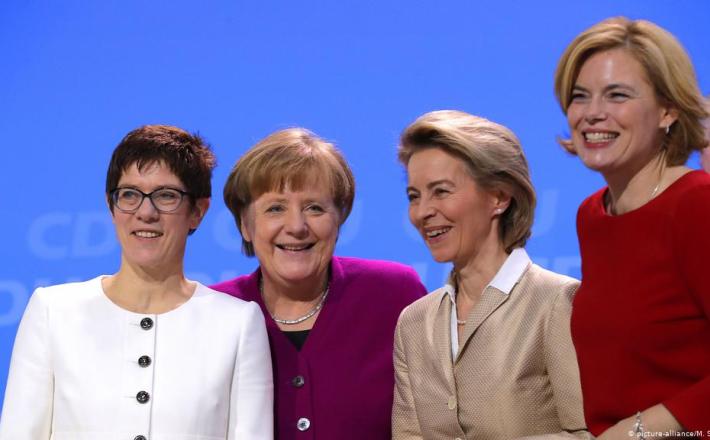How gender affects the response rates of politicians to inquiries about healthcare and unemployment support
Source: London School of Economics
Are women and men equally likely to receive answers when they contact politicians for information about healthcare and unemployment benefits? Drawing on a new study, Zoila Ponce de Leon and Gabriele Magni find that MPs are significantly more likely to respond to women overall, and that female legislators are more responsive, in general, than their male counterparts. Increasing the numbers of women in office would therefore lead to a higher quality of representation.
The spread of Covid-19 has posed severe challenges for governments around the world. The health and economic crises the pandemic prompted in several countries have sparked a widespread need for information, particularly when it comes to accessing essential services such as healthcare and unemployment benefits.
Members of Parliament (MPs) can be a source of information for many. In the face of people in need of information, responsive MPs have the potential to make a difference. However, not all political leaders are equally responsive. Research shows that different traits can make some leaders more responsive, especially toward certain constituents.
Are women and men equally likely to receive answers when they contact politicians for information about healthcare and unemployment benefits? Women face discrimination in many realms of politics, but evidence is limited on whether such discrimination extends to interactions between women and elected officials. In a recent study, we explore gender bias with the first large-scale audit experiment in five European and six Latin American countries. A citizen alias whose gender is randomised contacted all sitting MPs inquiring about unemployment benefits or healthcare services. The results are surprising.
Click here to read the full article published by London School of Economics on 20 August 2020.

Are women and men equally likely to receive answers when they contact politicians for information about healthcare and unemployment benefits? Drawing on a new study, Zoila Ponce de Leon and Gabriele Magni find that MPs are significantly more likely to respond to women overall, and that female legislators are more responsive, in general, than their male counterparts. Increasing the numbers of women in office would therefore lead to a higher quality of representation.
The spread of Covid-19 has posed severe challenges for governments around the world. The health and economic crises the pandemic prompted in several countries have sparked a widespread need for information, particularly when it comes to accessing essential services such as healthcare and unemployment benefits.
Members of Parliament (MPs) can be a source of information for many. In the face of people in need of information, responsive MPs have the potential to make a difference. However, not all political leaders are equally responsive. Research shows that different traits can make some leaders more responsive, especially toward certain constituents.
Are women and men equally likely to receive answers when they contact politicians for information about healthcare and unemployment benefits? Women face discrimination in many realms of politics, but evidence is limited on whether such discrimination extends to interactions between women and elected officials. In a recent study, we explore gender bias with the first large-scale audit experiment in five European and six Latin American countries. A citizen alias whose gender is randomised contacted all sitting MPs inquiring about unemployment benefits or healthcare services. The results are surprising.
Click here to read the full article published by London School of Economics on 20 August 2020.